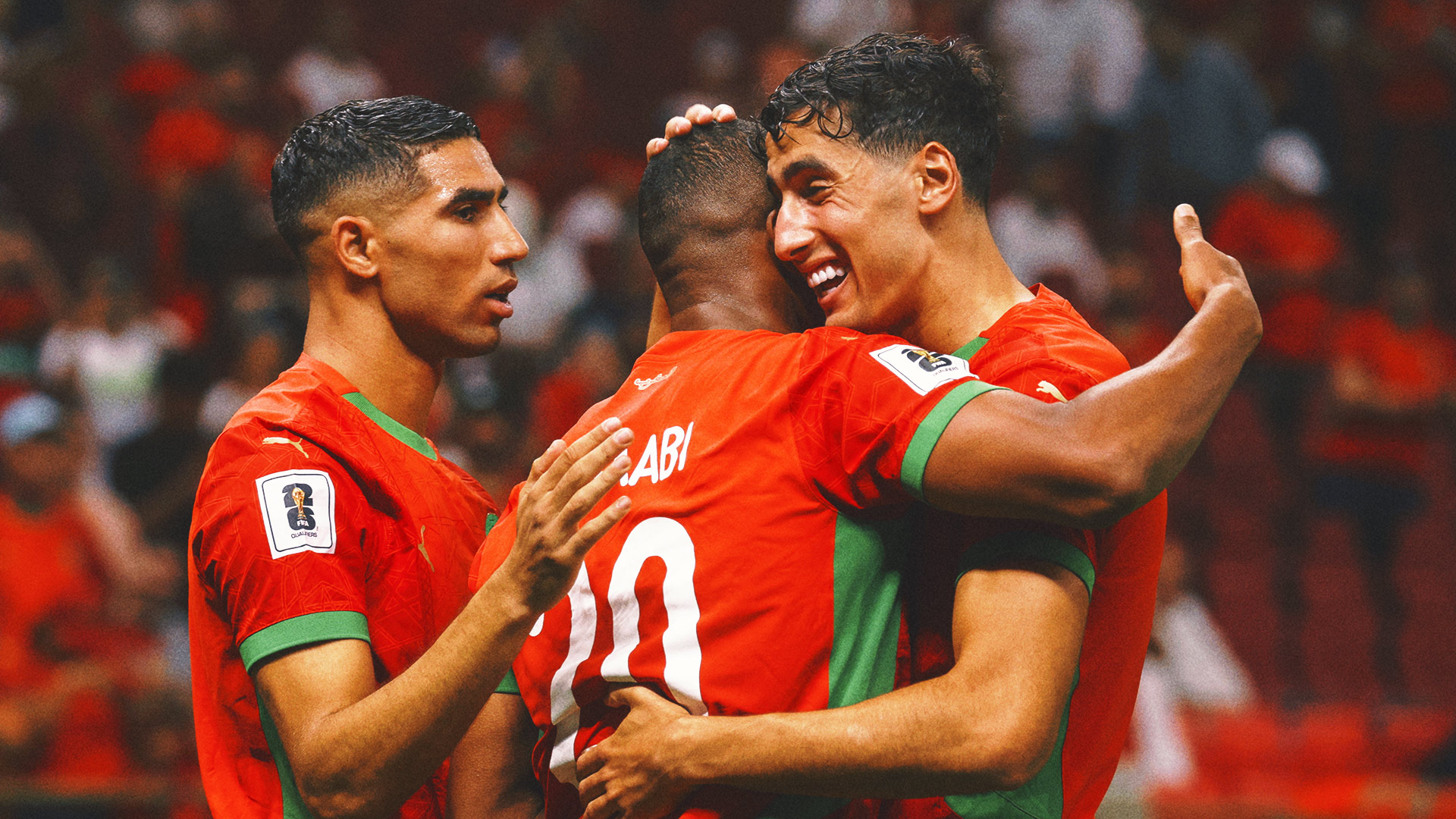
Morocco Becomes First African Team to Clinch 2026 World Cup Spot
Entities mentioned:
- Morocco: Pride, Competitive spirit, Recognition
- Atlas Lions: Ambition, Competitive spirit, National pride
- Ismael Saibari: Professional pride, Competitive spirit, Recognition
- Ayoub El Kaabi: Professional pride, Competitive spirit, Recognition
- Hamza Igamane: Professional pride, Competitive spirit, Recognition
- Azzedine Ounahi: Professional pride, Competitive spirit, Recognition
- Achraf Hakimi: Professional pride, Competitive spirit, Recognition
- Brahim Diaz: Professional pride, Competitive spirit, Recognition
Article Assessment:
Credibility Score: 85/100
Bias Rating: 50/100 (Center)
Sentiment Score: 75/100
Authoritarianism Risk: 20/100 (Strongly Democratic)
Bias Analysis:
The article presents factual information about Morocco's qualification and past performances without apparent political slant. The tone is neutral and focuses on sports achievements, maintaining a balanced perspective on the team's accomplishments.
Key metric: International Diplomatic Influence
As a social scientist, I analyze that Morocco's historic qualification for the 2026 World Cup as the first African team significantly impacts their international diplomatic influence. This achievement builds on their impressive 2022 World Cup performance, reinforcing Morocco's status as a leading African nation in global sports. The success enhances national pride and could translate to increased soft power, potentially improving Morocco's standing in international relations and negotiations. The consistent strong performances in football, a globally popular sport, can lead to improved cultural exchange, tourism, and even economic opportunities. This qualification also sets a precedent for other African nations, potentially shifting perceptions of African football on the world stage.